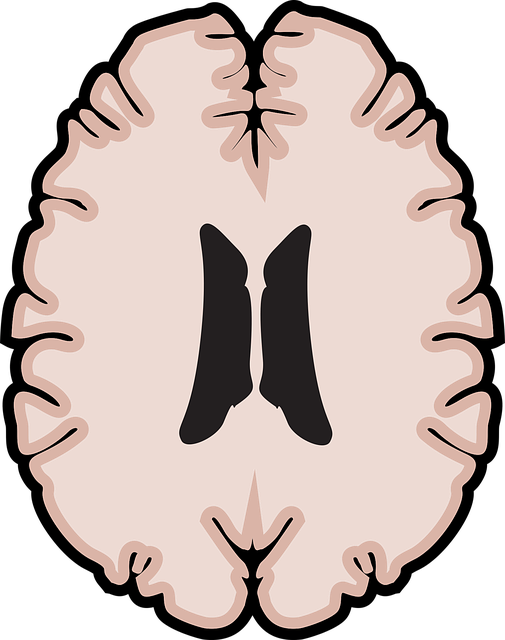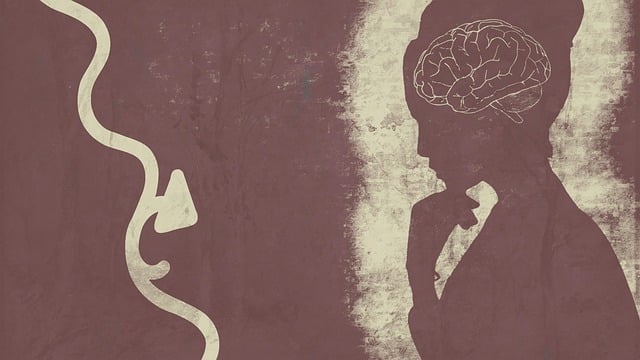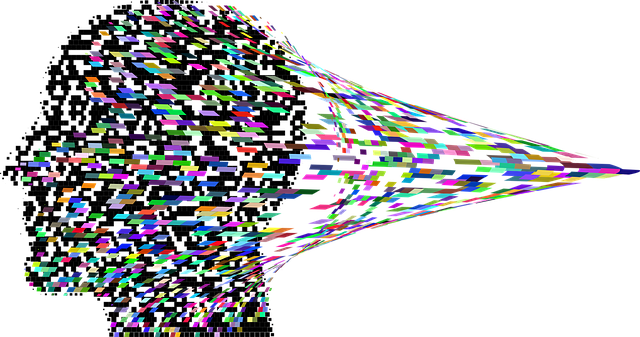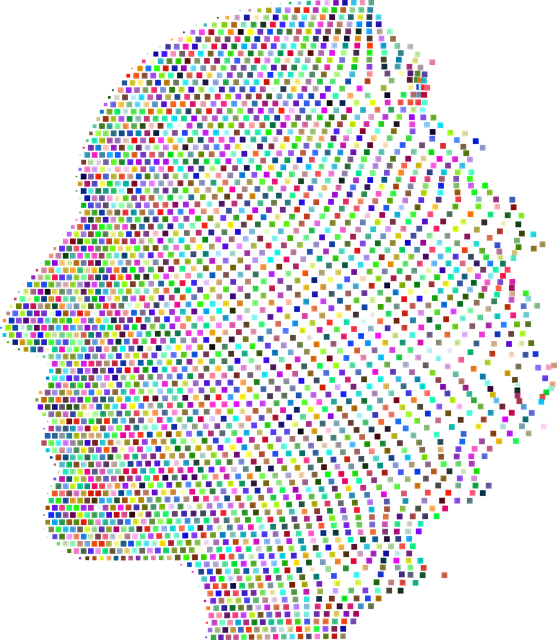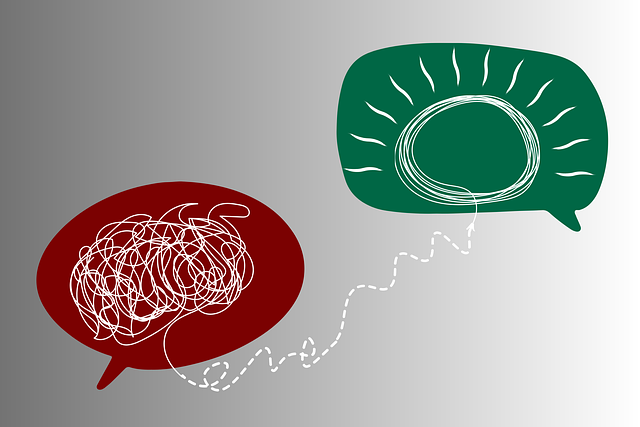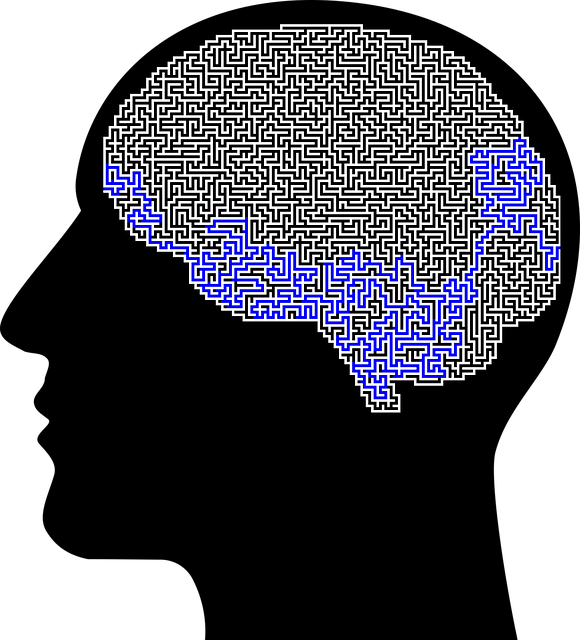In Greenwood Village, understanding mental health data, particularly for Obsessive Compulsive Disorder (OCD), involves leveraging self-reported surveys, clinical assessments, and advanced analytical techniques to gain holistic insights. These methods enable therapists to identify trends, track treatment progress, and develop personalized coping skills strategies. Advanced data analysis informs risk management planning, enhances burnout prevention, and supports long-term well-being for both patients and healthcare providers. Greenwood Village OCD therapy benefits from these innovative approaches, combining insights with strategies like Burnout Prevention, Coping Skills Development, and Social Skills Training to create dynamic, responsive treatment plans that improve patient outcomes and quality of life.
Mental health data analysis is a powerful tool for improving patient outcomes, especially in treating conditions like Obsessive Compulsive Disorder (OCD) in Greenwood Village. This article explores the key components and sources of mental health data, highlighting advanced analysis techniques specifically tailored for OCD therapy. We delve into effective strategies for interpreting results, enabling healthcare professionals to craft personalized treatment plans that significantly enhance patient care in Greenwood Village.
- Understanding Mental Health Data: Essential Components and Sources
- Advanced Analysis Techniques for OCD Therapy in Greenwood Village
- Interpreting Results: Strategies for Effective Patient Care and Treatment Plans
Understanding Mental Health Data: Essential Components and Sources

Understanding mental health data involves recognizing the multifaceted nature of human experiences and their emotional, psychological, and behavioral expressions. This includes a comprehensive grasp of various disorders like Obsessive Compulsive Disorder (OCD), which significantly impacts individuals’ daily lives in Greenwood Village and beyond. Data on OCD symptoms, treatment responses, and patient demographics can provide crucial insights for therapists and mental health professionals.
Essential components of mental health data include self-reported surveys, clinical assessments, medical records, and research studies. These sources offer a holistic view of patients’ mental well-being, enabling the identification of trends and patterns. For instance, tracking changes in self-esteem improvement over time can reveal effective coping skills development strategies. Additionally, risk management planning becomes more informed when analyzing data, ensuring professionals are equipped to handle diverse client needs while prioritizing their own well-being.
Advanced Analysis Techniques for OCD Therapy in Greenwood Village

In Greenwood Village, advanced analysis techniques are transforming Obsessive Compulsive Disorder (OCD) therapy, offering personalized and effective treatment options. Mental health professionals in this community utilize innovative tools to interpret complex data related to OCD symptoms and behaviors. By delving into sophisticated analytics, therapists can gain valuable insights into the unique experiences of each individual, tailoring their approach for optimal results.
One such technique is the integration of Mental Wellness Journaling Exercises, which provides a means to track progress and identify triggers. This guided practice allows individuals to reflect on their thoughts, emotions, and behaviors, fostering self-awareness and positive thinking. Additionally, healthcare providers can employ data analysis to assess burnout prevention strategies, ensuring they are equipped to support both their patients and themselves in the long term.
Interpreting Results: Strategies for Effective Patient Care and Treatment Plans

When analyzing mental health data, particularly for conditions like Obsessive Compulsive Disorder (OCD) in Greenwood Village, interpreting results accurately is key to designing effective treatment plans. This involves not just identifying patterns and trends but also understanding the unique needs of each patient. For OCD, this could mean assessing the impact of specific obsessions and compulsions on daily life, as well as exploring potential triggers and coping mechanisms. By integrating these insights with strategies like Burnout Prevention and Coping Skills Development, therapists can tailor interventions that not only address current symptoms but also foster long-term resilience.
Social Skills Training is another valuable tool in this process. Interpreting data to recognize social impairments associated with OCD allows for targeted interventions aimed at enhancing patient interactions and overall well-being. Through these strategies, mental health professionals can ensure that treatment plans are dynamic and responsive, ultimately improving patient outcomes and quality of life.
Mental health data analysis and interpretation are key components in providing effective treatment, particularly for conditions like OCD in Greenwood Village. By understanding various data sources and employing advanced analytical techniques, therapists can gain valuable insights into patient progress. This enables them to tailor treatment plans, ensuring personalized care that significantly improves outcomes for individuals suffering from OCD in this community. Advanced analysis isn’t just a tool; it’s a powerful means to enhance the quality of life for those seeking mental health support in Greenwood Village Obsessive Compulsive Disorder therapy.


